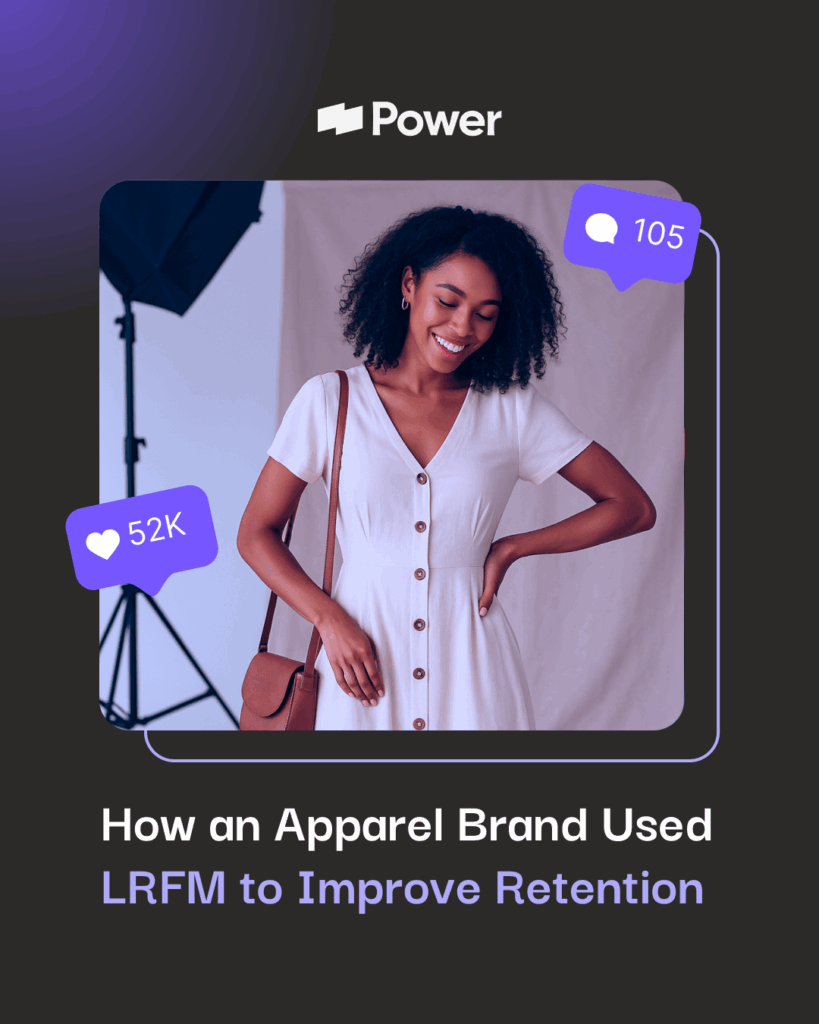B2B SEO Marketing: A Complete Guide

B2B SEO marketing is essential for increasing online visibility, driving targeted traffic, and generating high-quality leads for businesses. Unlike B2C SEO, which targets individual consumers, B2B SEO focuses on attracting decision-makers within organizations, often with longer sales cycles and more complex buyer journeys.
This guide will explore the unique aspects of B2B SEO, including strategies, challenges, and key components that can help your business improve its online presence and achieve sustainable growth. Whether you’re a digital marketing professional you’ll find valuable insights to optimize your efforts and drive results.
Understanding B2B SEO and Its Unique Challenges
B2B SEO is the process of optimizing your website and online content to rank higher on search engines like Google, helping businesses to attract relevant, high-intent traffic and convert that traffic into qualified leads. Unlike B2C marketing, where the goal is to reach a broad audience of consumers, B2B SEO targets other businesses that have specific, often more complex needs.
Goals and Structure of B2B SEO
The primary goal of B2B SEO marketing is to drive traffic that leads to valuable business inquiries and partnerships. These inquiries typically come from decision-makers within companies—often at the executive or managerial level—who are researching solutions to problems. For B2B companies, the sales cycle is longer and more complex than B2C, as purchases often require multiple stakeholders, extensive research, and careful consideration.
This is why B2B SEO efforts should focus on creating informative, detailed, and educational content that speaks directly to the pain points and needs of business buyers. It is not just about ranking for popular search terms but about ranking for terms that are highly relevant to your audience’s specific problems or questions.
Unique Challenges of B2B SEO
B2B SEO faces several unique challenges:
- Longer Sales Cycles: Unlike B2C transactions, B2B purchases often involve multiple touchpoints over a longer period of time. The challenge is not just to attract visitors, but to nurture them through every stage of the buyer’s journey.
- Complex Buyer Personas: In B2B, decision-making is typically done by multiple people across various levels of an organization. Understanding these personas is crucial for creating content that appeals to different needs and interests.
- Lead Quality vs. Lead Quantity: B2B companies focus on attracting qualified leads rather than just high volumes of website visitors. SEO efforts need to ensure that the leads coming in are more likely to convert into sales opportunities.
By overcoming these challenges, professionals in B2B marketing can build a robust SEO strategy that drives targeted traffic and generates high-quality leads.
Key Components of a Successful B2B SEO Strategy
A successful B2B SEO strategy involves several critical elements. These components not only work together to increase your search engine results rankings but also ensure that your content and SEO efforts resonate with the needs of your target audience.
1. Keyword Research for B2B SEO Strategy
Effective keyword research is the cornerstone of any B2B SEO strategy. Instead of focusing on broad, high-traffic keywords, B2B marketers should target long-tail keywords that are more specific to their industry or niche. These keywords may have lower search volume but typically result in higher conversion rates because they reflect users who are further along in their buyer’s journey.
2. SEO Content Marketing
B2B buyers are looking for content that adds value, educates, and helps them make informed decisions. This is where content marketing becomes a powerful tool in your SEO strategy. The content should be both engaging and informative, answering the specific questions your target audience is searching for.
Content formats that work well for B2B SEO include:
- Case Studies: Showcasing real-world examples of how your product or service has solved problems for similar businesses can build credibility and trust.
- Whitepapers & Ebooks: In-depth resources that provide comprehensive insights into industry trends, solutions, or case studies.
- Blog Posts: Regularly updated, optimized blog posts focused on topics that align with the pain points and interests of your B2B audience.
3. Technical SEO
A strong technical SEO foundation is critical for any website’s performance on search engines. This includes optimizing page speed, improving site architecture, ensuring mobile-friendliness, and implementing structured data. Google Analytics can help you monitor site performance, understand user behavior, and identify technical issues that may be affecting rankings.
Effective Keyword Research Techniques for B2B
Keyword research is essential for ensuring your SEO content aligns with what your target audience is searching for. For B2B SEO marketing, the focus should be on identifying keywords that are both specific and relevant to your products or services.
Long-Tail Keywords
B2B buyers tend to use more specific search queries, such as “best CRM software for small businesses” or “enterprise-grade cybersecurity solutions.” These long-tail keywords often reflect an advanced understanding of the problem and indicate that the searcher is further along in the buying process. By targeting long-tail keywords, you increase the chances of attracting high-quality, ready-to-buy leads.
Competitor Analysis
Look at the websites of your competitors and identify the keywords they are targeting. This can help you spot opportunities that you may have missed and reveal gaps in your own content strategy.
Customer Interviews
Another useful technique is to conduct interviews with your current customers or leads to understand the language they use when describing their challenges and needs. This will help ensure that your content and keywords reflect the language that resonates with your target audience.
Strategy for B2B SEO Content
Content is king, especially in B2B SEO marketing. To drive meaningful engagement, your SEO content should be tailored to different stages of the buyer’s journey: awareness, consideration, and decision.
Awareness Stage
At this stage, your audience is looking for information on general topics. Educational blog posts, infographics, and how-to guides are effective at introducing your brand and building awareness.
Consideration Stage
In the consideration phase, prospects are looking for solutions to their problems. Content like case studies, comparison guides, and detailed product pages can help provide more specific information about how your solution addresses their needs.
Decision Stage
At the decision stage, decision-makers are evaluating specific solutions. Detailed product descriptions, demo videos, and free trials are all content types that can nudge them toward making a purchasing decision.
Building Backlinks for B2B SEO
Backlinks are one of the most important ranking factors for B2B search engine optimization. For B2B websites, quality matters more than quantity. Securing authoritative backlinks from industry-specific websites, blogs, and business partners can boost your credibility and help you rank higher on search engines.
Strategies for Building Backlinks
- Guest Posting: Contributing to reputable blogs or industry publications can help you get high-quality backlinks while showcasing your expertise.
- Thought Leadership: Publishing insightful articles and participating in industry events can help establish your company as a thought leader in your field.
- Partnerships: Forming partnerships with other businesses and linking to each other’s content can improve both visibility and credibility.
Elevate Your SEO Strategy for Long-Term Success
To achieve long-term success in B2B SEO marketing, businesses need to continually adapt their strategies. SEO is not a one-time effort but an ongoing process. Regularly reviewing your B2B SEO strategy, monitoring performance with Google Analytics, and refining your content and backlink strategies will help you stay competitive.
B2B SEO marketing requires a tailored approach that takes into account the unique needs of business buyers. By focusing on long-tail keywords, creating valuable content, optimizing your technical SEO, and building authoritative backlinks, your business can increase its visibility, attract high-quality leads, and establish itself as an industry leader.
Remember that SEO is an ongoing effort. Continually adapt your strategy to stay ahead of the competition, meet the evolving needs of your audience, and ensure long-term growth for your B2B company.
If you’re unsure where to start or need help executing your strategy, consider working with a B2B SEO agency or B2B SEO company to optimize your digital marketing efforts and accelerate your path to success.
Our Editorial Standards
Reviewed for Accuracy
Every piece is fact-checked for precision.
Up-to-Date Research
We reflect the latest trends and insights.
Credible References
Backed by trusted industry sources.
Actionable & Insight-Driven
Strategic takeaways for real results.

















